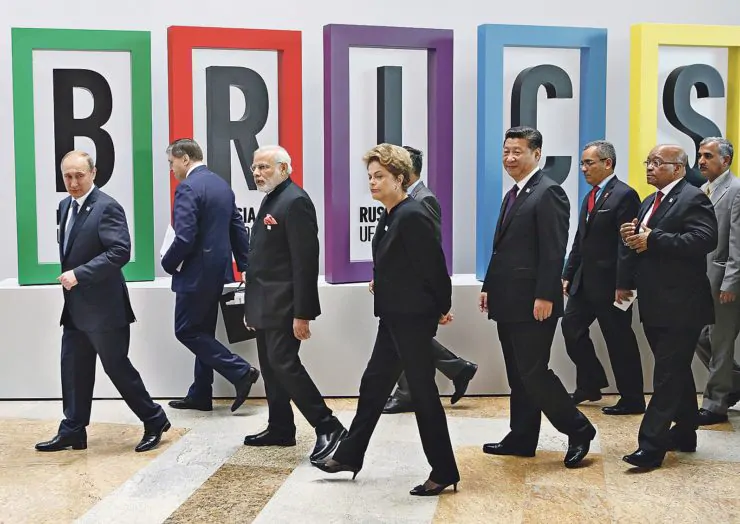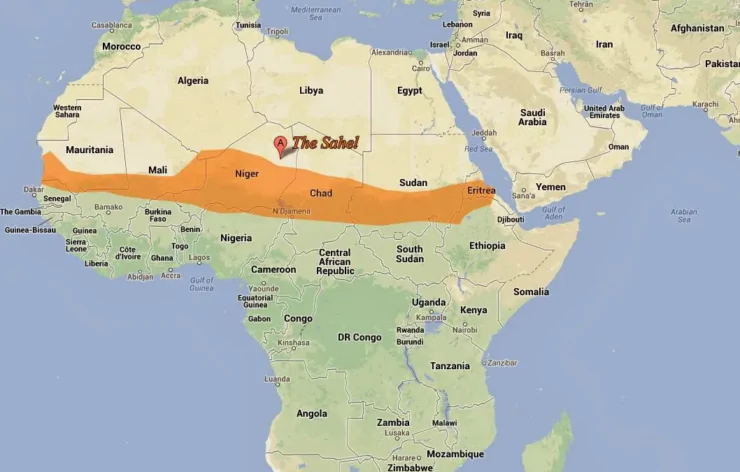Nairobi / African Union: 15th meeting of the ACAP partnership platform

Improving intra-African trade and market access to accelerate the transformation of agriculture is the primary objective of the African Union's Department of Agriculture.
This firm specializing in rural economy and agriculture, to organize in Kenya in Nairobi, since June 11, 2019, the 15th meeting of the acap partnership platform. On this second day of the conference, coffee as a strategic commodity for the transformation of the African economy was on the agenda.
It was shown at this meeting that reviving coffee production, processing and sales in the old continent would be of crucial importance in reducing poverty in the continent. Indeed, according to the African Union, coffee growing is an activity that brings together nearly 53% of the workforce in Africa in the sector. Nowadays, they estimate that more than 33 million households derive their substances from coffee income. These figures represent an essential source of income for foreign exchange producers, for jobs and for developing countries. In Ethiopia and Rwanda, for example, their exports of black gold accounted for 27.6% and 25.7% in 2010.
With regard to the international coffee market, the African Union noted that coffee production declined during the free market period from 1990 onwards. The export quota between 1970 and 1989, Africa's average production varied from 17.1 million to 18.6 million 60kg bags. In 1991 it fell by 15 million bags and in 2013, 11.7 million 60 kg bags were recorded. Hence the need to encourage the revival of coffee production in Africa.
Despite the difficulties associated with the decline in production in Africa and the quantity of coffee exported, it is nevertheless true that coffee revenues have contributed significantly to wealth creation in several producing countries. Similarly, according to the International Coffee Organisation (ICO), coffee plays a major role in the GDP of these producing countries.
It should be noted that over the last 5 decades, coffee consumption has increased at an average annual growth rate of 1.9%. On current trends, world coffee consumption could reach more than 175 million bags in 2020 and could exceed 200 million bags by 2023. Consumers would therefore need 35 to 50 million additional bags. An opportunity that Africa could exploit at the national, regional and international levels. With the transformation of the coffee value chain in Africa, African producing and consuming countries could see a long-term growth trend. All this is supported by internal and external markets that can offer economic opportunities at all levels of the chain.
Several agricultural experts came from around the world to take part in this 15th meeting of the acap partnership platform, which ends on June 14, 2019.
























